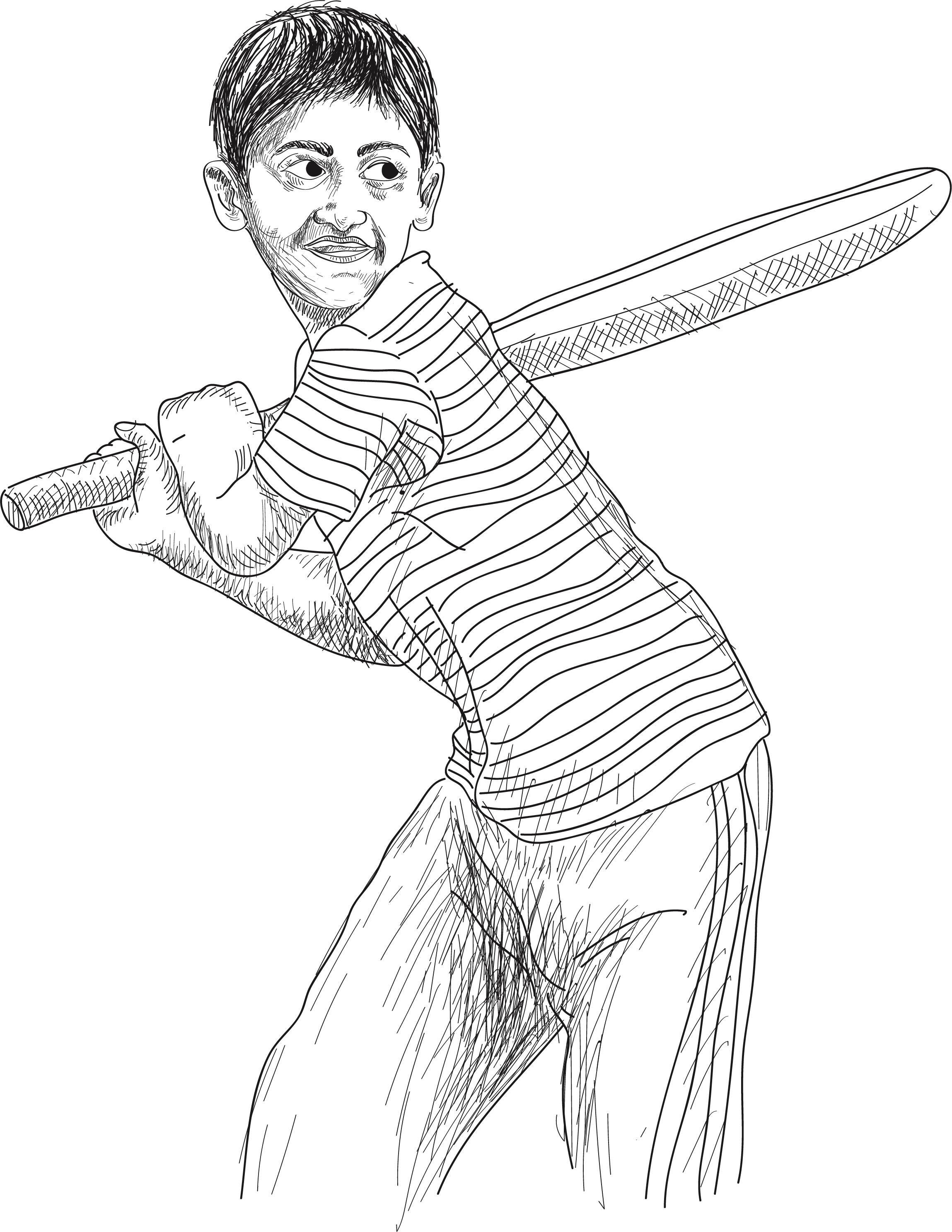Nanagu Shaale

UNESCO’s State of the Education Report for India 2019 on Children With Disabilities states that there are 3,30,000 children between the ages of 5 and 19 with disabilities in Karnataka. About 70,000 of these children have never received any education and about 50,000 children went to school but dropped out later. Emotional motivation coupled with lack of disabled-friendly toilets, ramps, handrails and other basic support infrastructure have contributed to this.
So, how can our Bangalore be the epitome of progress if it turns a blind eye to well over three lakh children with disabilities wasting away in their homes without any attention? This is why we created Nanagu Shaale. An initiative that will empower Children with Disability and help them become a part of mainstream education based on our philosophy of inclusion.
Nanagu Shaale is specifically designed to address Goal-4 of the International Sustainable Development Goals: Quality Education. The program supports the vision of the Indian National Education Policy 2030 ensuring that all girls and boys complete quality, equitable and free Primary and Secondary Education leading to Goal-4 of the sustainable development goals of effective learning outcomes.

FWF works with intergovernmental agencies to achieve all this for the State of Karnataka by creating scalable models to facilitate Inclusive Education to ensuring that all children have access to quality.
Across the last fifteen years, we have provided nutrition, healthcare and education to 60,000 Children with Disability and mainstreamed them into regular Government schools in Karnataka. This was achieved by a range of initiatives including training stakeholders to empower Children with Disability, developing toolkits which provide clear guidelines for working with Children with Disability, conducting skill building and knowledge-transfer workshops and charting advocacy initiatives as well as campaigns at regional, district, panchayat and school levels.
In the next five years, our key focus will be on imparting knowledge and skill-transfer to 10,000 educational practitioners and on handholding the creation of the Policy Process Document for enforcing specific legislative procedures in Karnataka.
